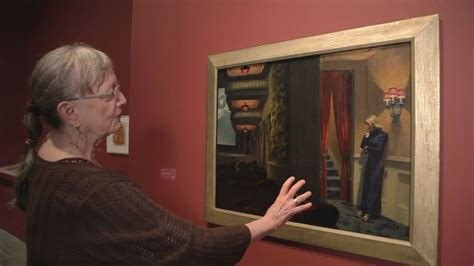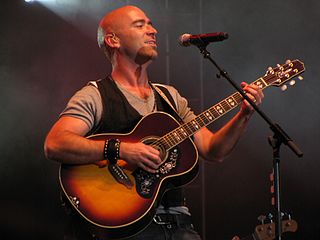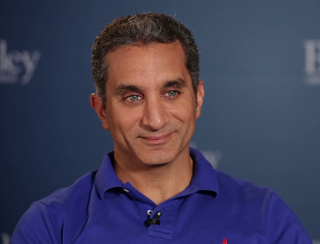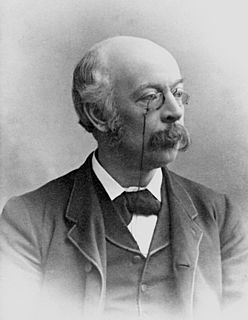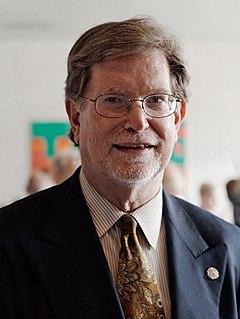A Quote by Edward Albee
In the thirties a whole school of criticism bogged down intellectually in those agitprop, social-realistic days. A play had to be progressive. A number of plays by playwrights who were thought very highly of then - they were very bad playwrights - were highly praised because their themes were intellectually and politically proper. This intellectual morass is very dangerous, it seems to me. A form of censorship.
Related Quotes
When we overthrew Mubarak, we did this in 18 days. And because we were very naive and very unexperienced in revolutions, we thought that that was it. It is very difficult to imagine that you can actually get rid of a dictatorship that has been there for 60 years only in 18 days. So we were very naive.
My mother and my father had very, very strong Scots accents. We were Australian, and in those days when I was young, I spoke with a much more of an Australian accent than I have now. However I knew that if I went to England to become an actor, which I was determined to, I knew that I had to get rid of the Australian accent. We were colonials, we were Down Under somewhere, we were those little people Over There. But I was determined to become an Englishman. So I did.
In the 60s there were a lot of things which were anarchistic. May-June '68 was riddled by anarchistic sentiments, dreams and ideals, but insofar as this was not strengthened organizationally and intellectually by a very effective, powerful infrastructure, then what happens is the movement becomes dissipated.
My parents were very, very close; they pretty much grew up together. They were born in 1912. They were each other's only boyfriend and girlfriend. They were - to use a contemporary term I hate - co-dependent, and they had me very late. So they had their way of doing things, and they reinforced each other.
I wouldn't say the anthropologists were making art, but they were definitely justifying their practices with very personal reasoning, passion, and they were also experimenting with form. There was a sense of trying to be as sincere as possible, whether you were investigating something far away from you or very close.


